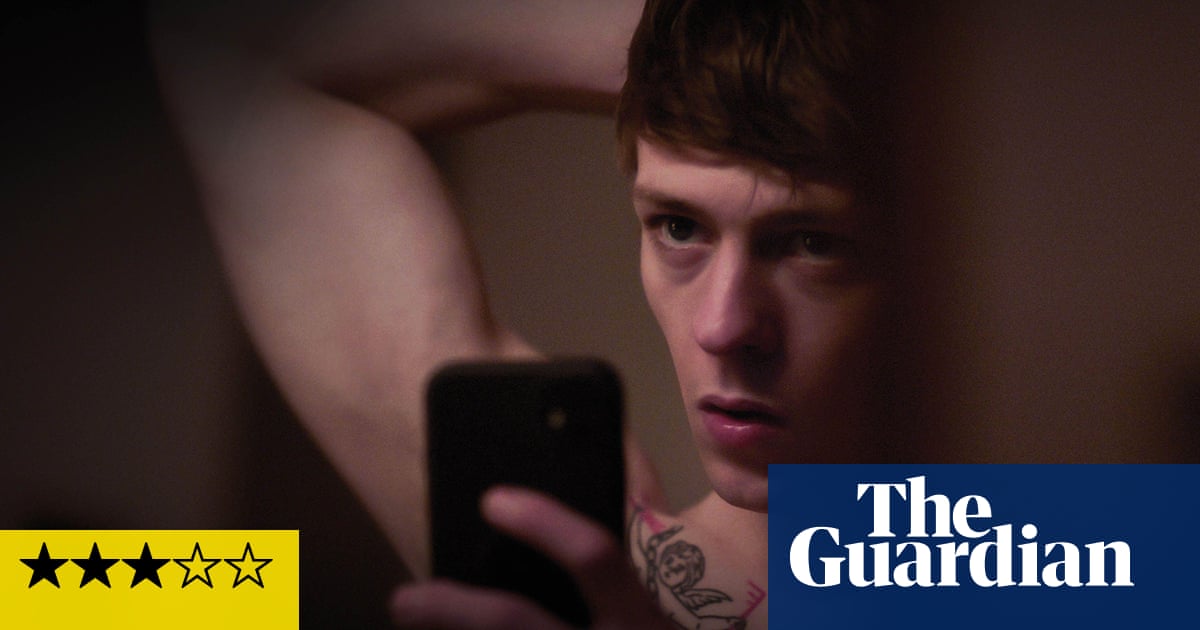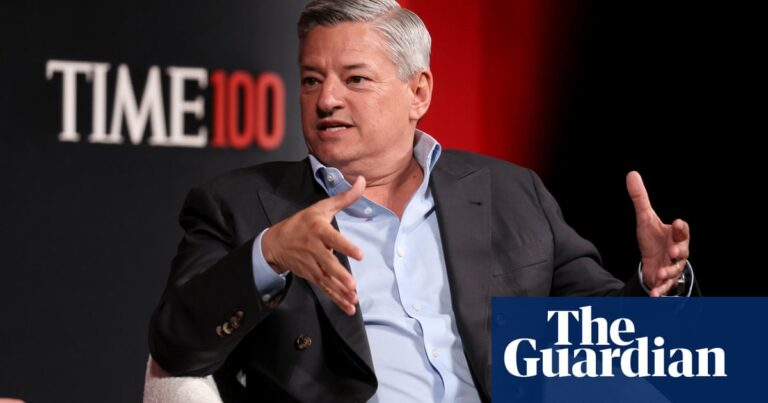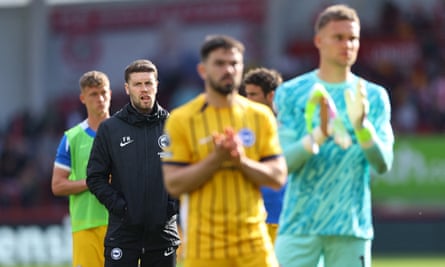
Sex work as a window into human nature is a longstanding theme in cinema, from Kenji Mizoguchi’s Street of Shame to Chantal Akerman’s Jeanne Dielman, and onwards. It is intensified here by the fact that the protagonist Max (Ruaridh Mollica), who mines his side-hustle escort work for material, is also a writer. But this uneasy, self-regarding sophomore effort by Finnish-British director Mikko Mäkelä, never fully distancing itself from the narcissistic prism of artistic creation, only fleetingly makes contact with flesh-and-blood human truths.
By day, Max is a freelance hotshot for London’s trendy Wall magazine; he has just bagged himself a sweet assignment to interview Bret Easton Ellis. By night he is “Sebastian”, a hot commodity on an app called DreamyGuys. Typically servicing the older gentleman, he turns his experiences into bare-all prose he hopes to parlay into a bestselling novel. But it’s not clear what’s motivating him; perhaps it’s vanity, and his own professional advancement is the real story. Or, with his unreliability increasingly jeopardising his job, is there a deeper personal validation behind his secret app life?
Mäkelä only seems half-interested in the realities and dangers of sex work, compared with something like the far rawer 2018 French hustler drama Sauvage. Such things would presumably feature in Max’s writing, the particularities of which – only relayed in a few generic-sounding excerpts – don’t register significantly here. It’s more the larger struggle to transmute life into art that concerns the director, with Ellis as something of a touchstone (there’s a Patrick Bateman-referencing shot of Max checking out his own musculature).
But Mäkelä is too in bed with his protagonist’s objectives to develop the kind of perspective that might yield richer insights into the life/art trade-off. Max’s epiphany, via a deepening relationship with timid academic Nicholas (Jonathan Hyde), is critiqued by his publisher as too pat an ending for his book. With the film partly caught in this self-referentiality, it doesn’t develop much beyond a vague treatise on the cost of pseudonymous exploitation. At least the director’s identification with his lead character results in a strong performance from Mollica; ever present in head-and-shoulders closeup and meticulously high-strung with an array of wary smiles, nervous swallows and evasive glances.
Source: theguardian.com





















